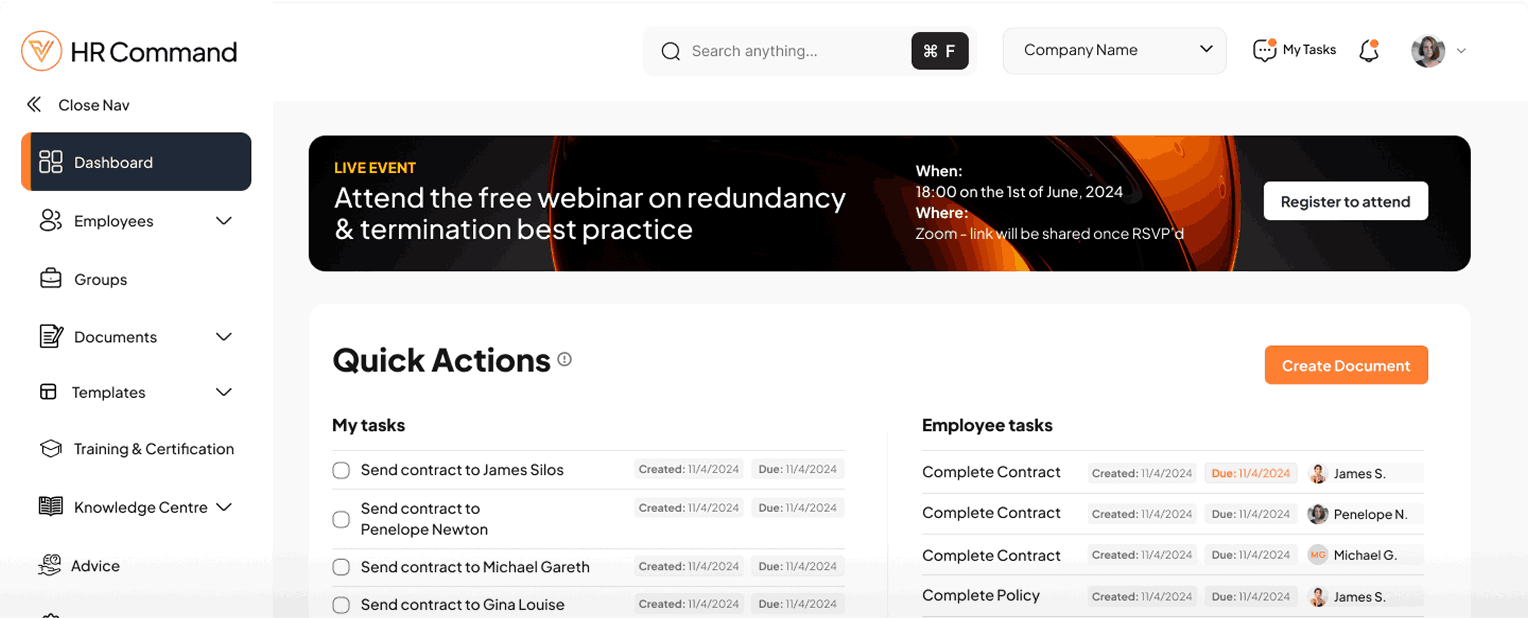The saga of former Tabcorp chief executive Adam Rytenskild is shaping up as one of the most significant reminders for boards and HR leaders about the risks of constructive dismissal and stage-managed exits.
How it started
In March 2024, Mr Rytenskild was confronted by the Tabcorp board with allegations he had made a vulgar oral remark about a female Victorian regulator. According to reports, he allegedly told colleagues he would do “whatever it takes” to secure a gaming licence, even crudely suggesting he would perform oral sex on the regulator.
Mr Rytenskild has consistently denied making the remark. Nevertheless, he was told to resign or be sacked, given just hours to decide, and ultimately left Tabcorp under immense pressure — a textbook example of how constructive dismissal claims can arise.
How it happened
In November 2024, the Fair Work Commission found that the process was not voluntary. Deputy President Gerard Boyce described it as a “carefully stage-managed process” in which:
- The board had already resolved that his employment would end that day.
- Two ASX announcements — one for resignation and one for termination — were prepared before the meeting.
- Mr Rytenskild was not shown documents, interviewed, or given a fair chance to respond.
The Commission’s ruling meant that his unfair dismissal and constructive dismissal claims could proceed, exposing Tabcorp to ongoing scrutiny.
Where it’s at
Fast forward to September 2025, and Tabcorp and Mr Rytenskild are now in settlement talks. The move appears designed to avoid a potentially embarrassing discovery process, which would have required Tabcorp to hand over board communications with new CEO Gillon McLachlan and Racing NSW chief Peter V’Landys.
Mr Rytenskild’s legal team had been seeking documents to argue that the board had long been planning his replacement. Sources indicate a confidential settlement deal is close, though neither party has commented publicly.
HR lessons
This case underlines three critical lessons for HR managers and boards when it comes to avoiding constructive dismissal:
- Allegations must be put properly – even when offensive oral remarks are alleged, procedural fairness cannot be ignored.
- Forced resignations create risk – ultimatums like “resign or be sacked” are classic triggers for constructive dismissal claims.
- Transparency is critical – pre-drafting outcomes before hearing from the employee undermines fairness and creates liability.
Closing:
As this case shows, it is not just the allegation that matters, but how the process is handled from start to finish. Mishandling exits can turn into constructive dismissal claims, leaving an organisation exposed before the Fair Work Commission — or forced into costly settlement talks.











